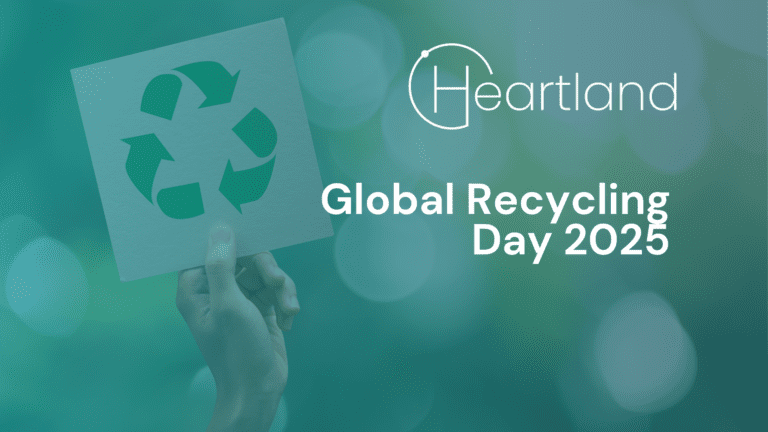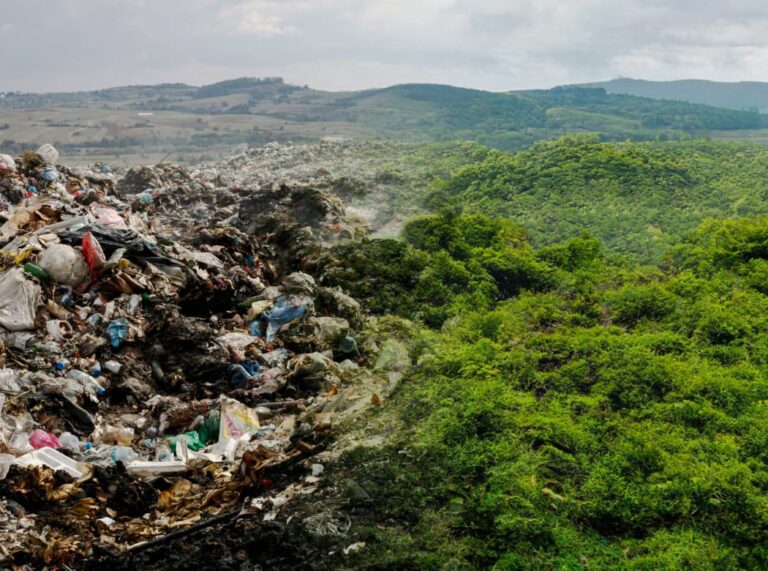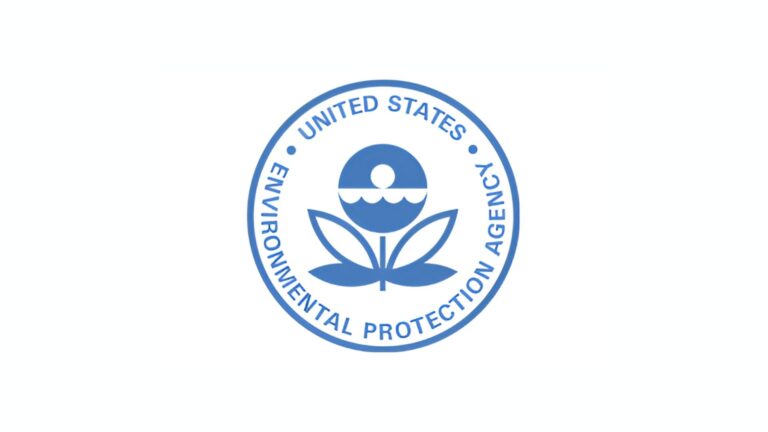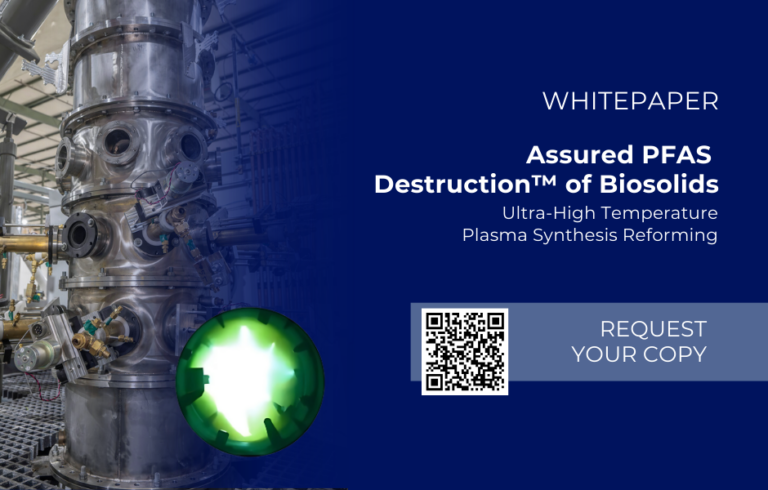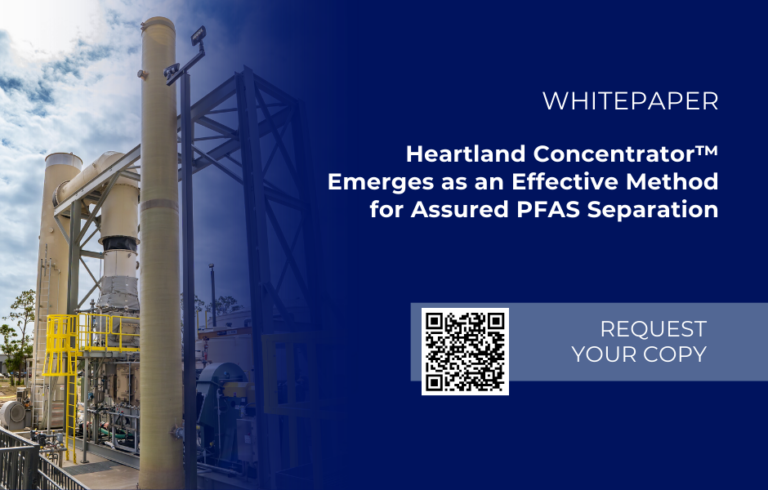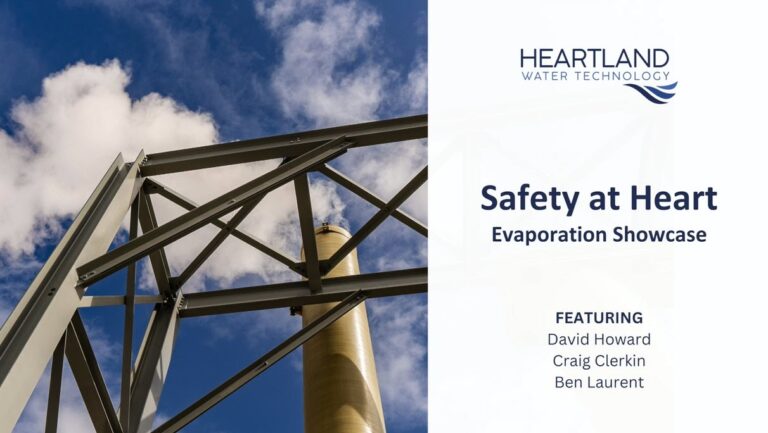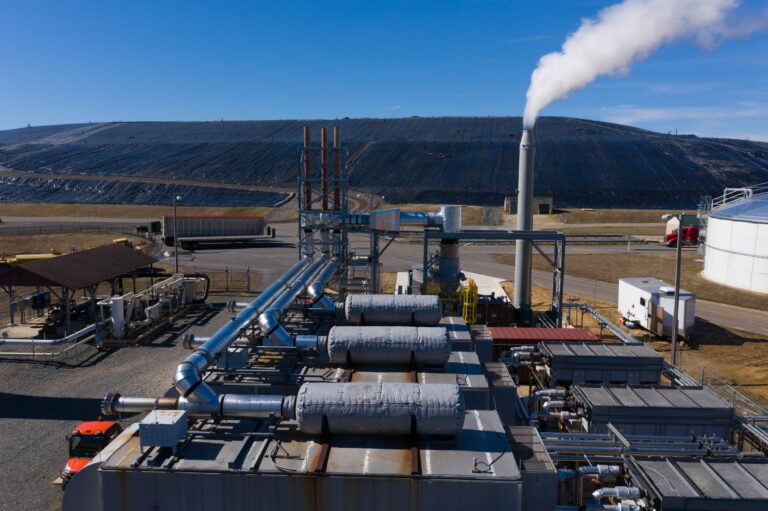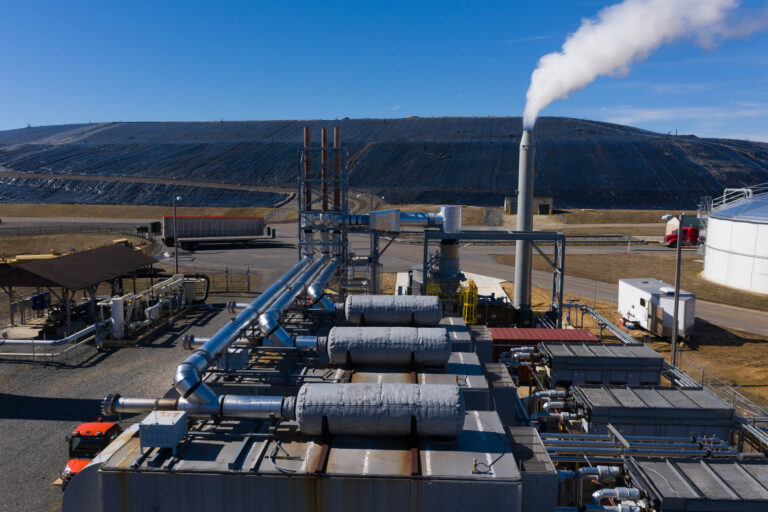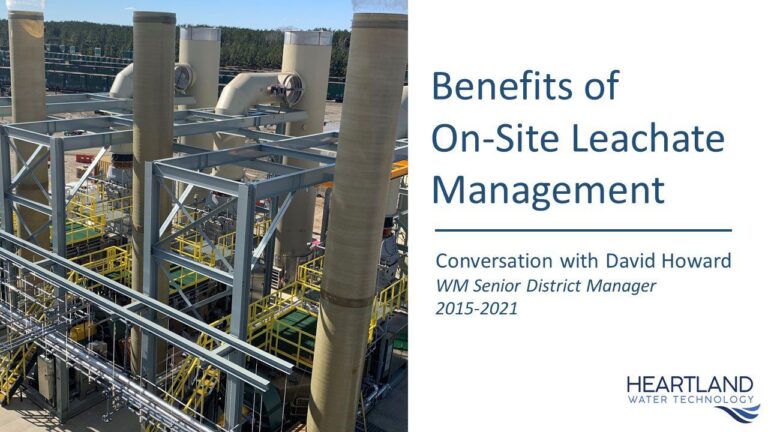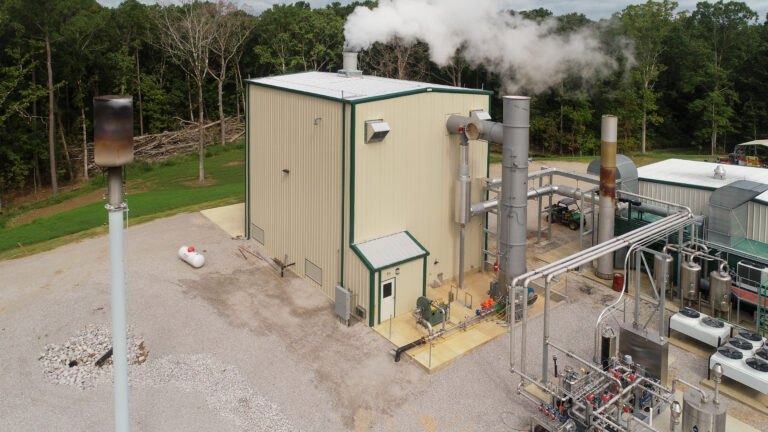Methanol: The Future of Marine Fuel, Powered by Heartland HelioStorm™ Waste Upcycling
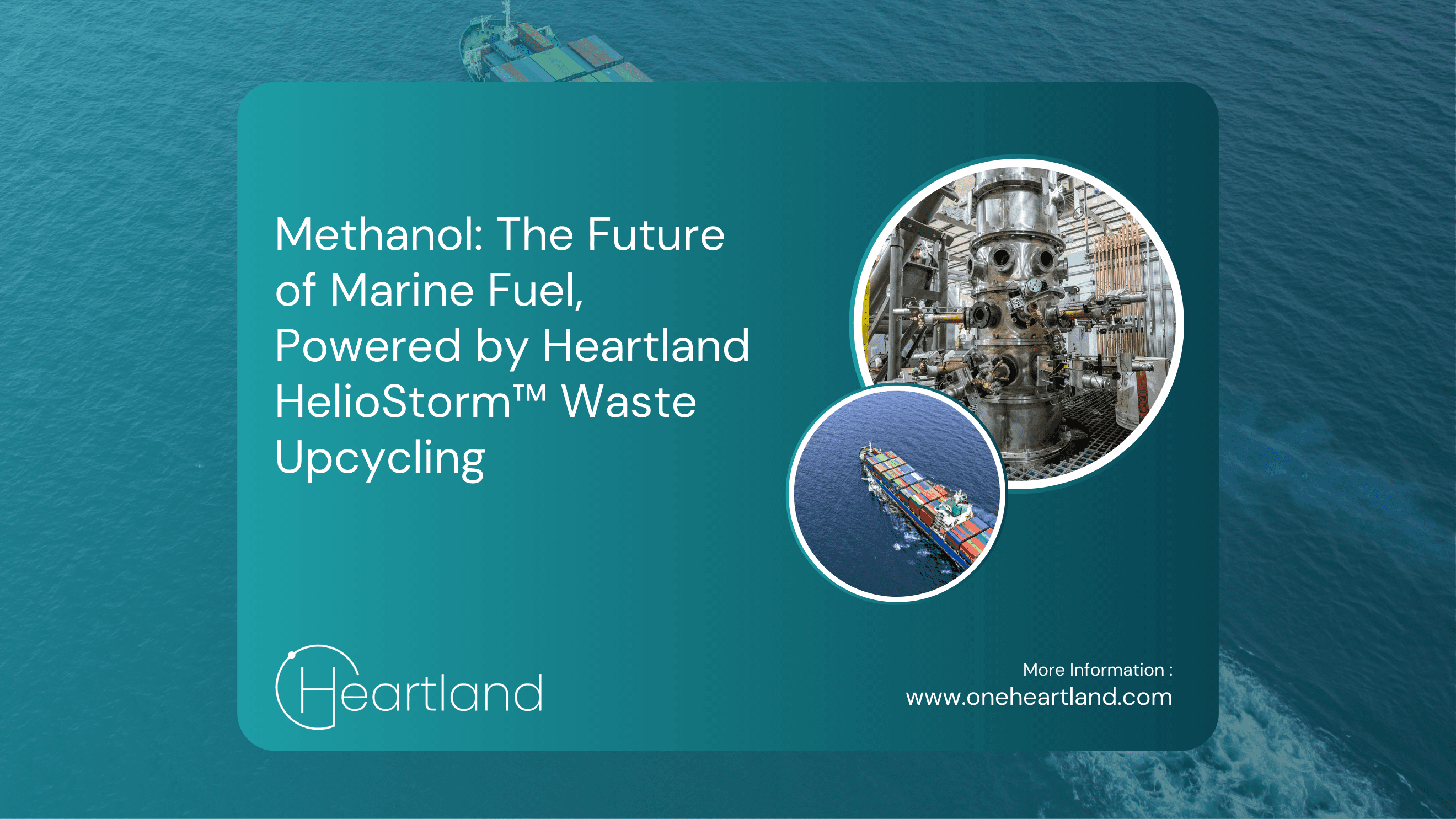
Introduction
The global shipping industry is charting a new course toward sustainability, driven by the urgent need to reduce greenhouse gas emissions and comply with stricter environmental regulations. Methanol, a clean-burning fuel, is rapidly emerging as a leading alternative to traditional marine fuels, offering significant reductions in sulfur, nitrogen oxides, and carbon emissions. At the forefront of this transformation is Heartland’s groundbreaking HelioStorm™ PSR technology, which converts landfill-bound materials, including non-recyclable plastics, into methanol—a solution that not only supports the decarbonization of marine shipping but also addresses the global waste crisis. By unlocking the potential of waste as a resource, Heartland is paving the way for a clean circular economy and a more sustainable future for maritime transport.
Marine Shipping Industry
The marine shipping industry is the backbone of global trade, responsible for transporting approximately 11 billion tons of the world’s goods by volume each year (source), with about 99% of U.S. overseas trade entering or leaving the United States by ship (source). However, it also accounts for an extensive amount of global greenhouse gas emissions, in 2022 estimated 858 million tons of CO2 emissions globally (source) making it a significant contributor to climate change. The reliance on heavy fuel oil, a carbon-intensive and pollutive energy source, has long been a challenge for the industry. As international regulations tighten, including mandates from the International Maritime Organization (IMO) to cut emissions by 80% by 2040 (source), the industry faces mounting pressure to adopt more sustainable practices. This scale of activity, coupled with environmental imperatives, underscores the urgency of transitioning to alternative fuels like methanol.
Sustainability Incentives for Shipping
The marine shipping industry is undergoing a transformative shift, driven by increasing regulatory pressure and corporate commitments to sustainability. According to the U.S. Department of Transportation’s Action Plan for Maritime Energy and Emissions Innovation, the sector must urgently adopt cleaner energy solutions to meet ambitious decarbonization goals, including the International Maritime Organization’s targets of reducing greenhouse gas emissions by 50% by 2050.
A key focus of this plan is fostering innovation in alternative fuels like methanol, which offer a scalable and immediate pathway to reducing emissions. Industry leaders such as Maersk are spearheading this transition, with recent announcements of significant investments in methanol-powered vessels. The company has ordered more than 20 duel-fuel ships, aiming to lead the charge in adopting low-carbon marine fuels. Other companies such as Cosco are following suit. Irena is projecting that global annual methanol production will increase from 100Mt currently to 500Mt in 2050, including 135 Mt of bio-methanol (source).
Methanol as a Fuel
The Methanol Institute, a global industry body, notes that green methanol can reduce CO2 emissions by up to 95%, cut nitrogen oxide emissions by 80%, and eliminate sulfur oxide and particulate matter emissions, making it an environmentally superior alternative to traditional fuels (source). Other benefits outside of GHG reduction include: easier stowage, lesser maintenance, biodegradability (which is an issue within marine pollution of oil/fuel spillages), and sustainability in being a renewable resource (source).
Heartland Converts Plastic to Methanol
At Heartland, we are proud to be part of the solution by upcycling waste into clean, renewable biomethanol. As methanol gains traction globally, Heartland will play a key role in the sustainable future by transforming waste streams, such as end-of-life plastics, into clean, renewable methanol via HelioStorm™ plasma synthesis reforming.
Our upcycling technology not only diverts valuable resources from ending up in landfills but also helps industries transition away from dirty energy sources. By embracing methanol as a marine fuel, the shipping industry is not only charting a path toward cleaner air and seas but also unlocking opportunities for circularity and innovation. Heartland’s PSR technology exemplifies this shift, turning landfill-bound waste, a global environmental challenge, into a vital part of the solution. This is more than a vision; it’s a reality unfolding today, starting with the work our team is doing at the Robert P Cawthorn Heartland Technology Center in Murfreesboro, Tennessee, and at our customer sites around the country.
The future of waste is here, and Heartland is proving that with bold innovation, sustainability doesn’t have to wait for tomorrow, it can begin right now.
